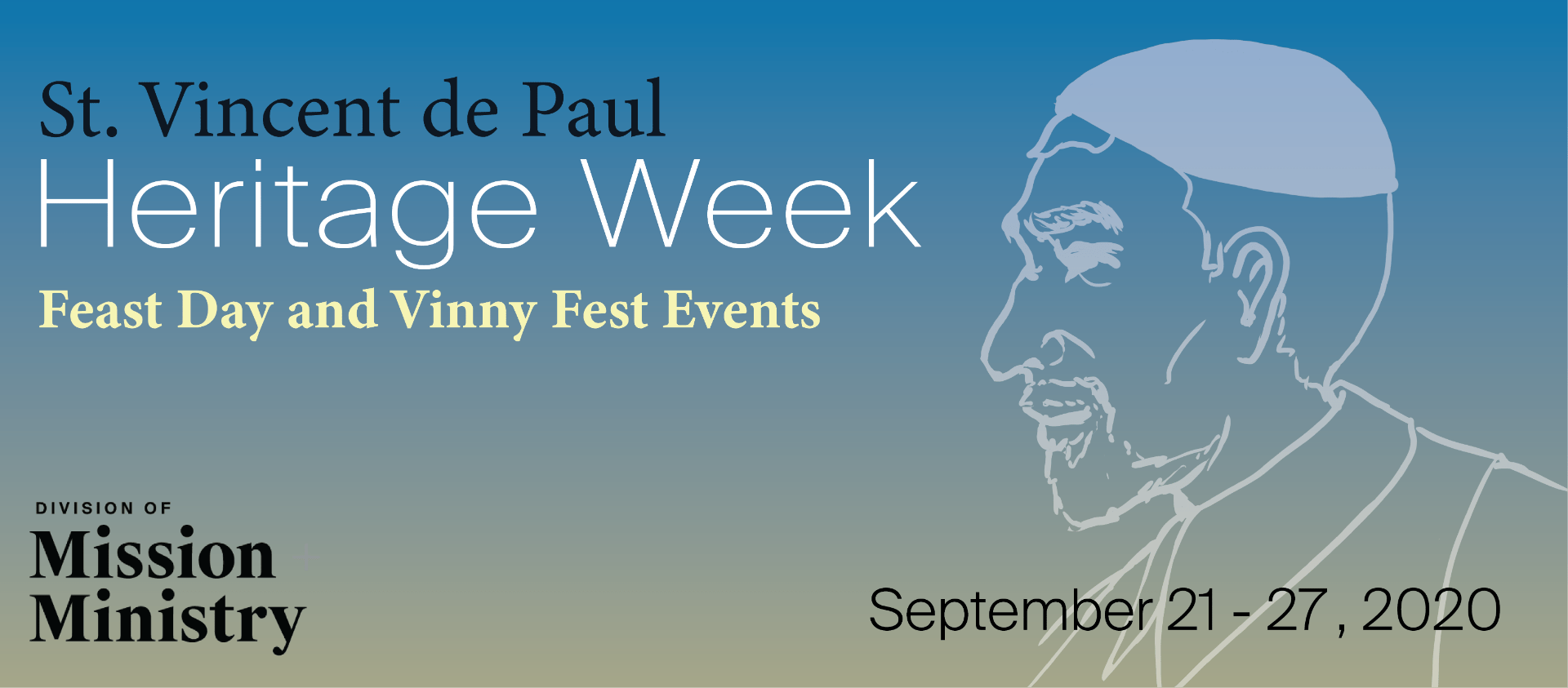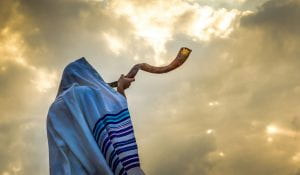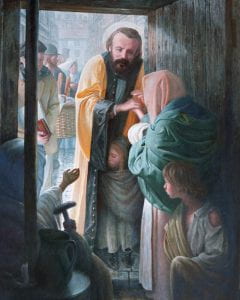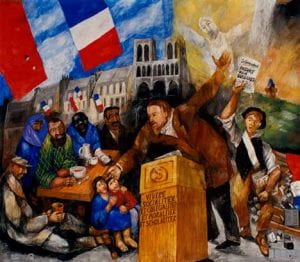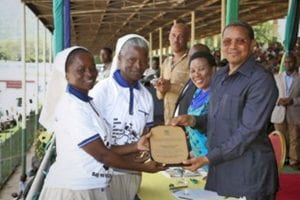 This episode is an interview with Rev. Craig B. Mousin, founder and former Executive Director of the Midwest Immigrant Rights Center which later became the National Immigrant Justice Center (www.immigrantjustice.org), and an Adjunct Faculty member at DePaul University’s College of Law and The Grace School of Applied Diplomacy. He responds to the federal government’s proposed regulations that would limit the discretion of Immigration Judges and change the procedure for appeals to the Board of Immigration Appeals. These proposed rules will hinder the ability of individuals to pursue cases without lawyers and increase the difficulty of pro bono representation by volunteer lawyers. Cumulatively, if implemented, they will harm our communities and undermine our system of justice. We encourage you to file your own comments opposing part or all of the proposed procedures and asking the government to withdraw the entire proposed rule. To assist you in obtaining a link to the proposed procedures or in filing your comment, you may incorporate your remarks into one of the templates provided by the following:
This episode is an interview with Rev. Craig B. Mousin, founder and former Executive Director of the Midwest Immigrant Rights Center which later became the National Immigrant Justice Center (www.immigrantjustice.org), and an Adjunct Faculty member at DePaul University’s College of Law and The Grace School of Applied Diplomacy. He responds to the federal government’s proposed regulations that would limit the discretion of Immigration Judges and change the procedure for appeals to the Board of Immigration Appeals. These proposed rules will hinder the ability of individuals to pursue cases without lawyers and increase the difficulty of pro bono representation by volunteer lawyers. Cumulatively, if implemented, they will harm our communities and undermine our system of justice. We encourage you to file your own comments opposing part or all of the proposed procedures and asking the government to withdraw the entire proposed rule. To assist you in obtaining a link to the proposed procedures or in filing your comment, you may incorporate your remarks into one of the templates provided by the following:Our colleagues at the Catholic Legal Immigration Network, Inc. have provided sample comments and a link to file comments at: https://cliniclegal.org/resources/federal-administrative-advocacy/clinic-template-comment-eoir-proposed-rule
You may also find the American Immigration Lawyers Association’s template at:
https://www.aila.org/takeaction#/88
Both websites provide additional information on how the proposed regulations restrict access to the courts and prevent bona fide applicants from litigating and their cases. To be accepted by the government, please ensure your comments are filed on or before 11:59 p.m. EDT, Friday, September 25, 2020.
The critical point remains that you choose at least one element of the proposed rules that you believe is incompatible with our nation’s commitment to fair process to achieve justice and make your voice heard.
Justice Ginsburg’s law review article, “In Pursuit of the Public Good: Access to Justice in the United States,” 7 Washington University Journal of Law & Policy 1, 8 (2001) can be found at: https://openscholarship.wustl.edu/cgi/viewcontent.cgi?article=1534&context=law_journal_law_policy
The Seventh Circuit Court of Appeals case can be found at page 8 of Meza Morales v. Barr, 2020 WL 5268986, (7th Cir.).
The TRAC Immigration report from Syracuse University on “The Life and Death of Administrative Closure” can be found at: https://trac.syr.edu/immigration/reports/623/ (September 10, 2020).
Please share this podcast and links with members of your community or faith organizations, family members and friends. Encourage them to file comments to help ensure that our nation continues its commitment to a fair process and access to justice. Thank you for your consideration of this request.

